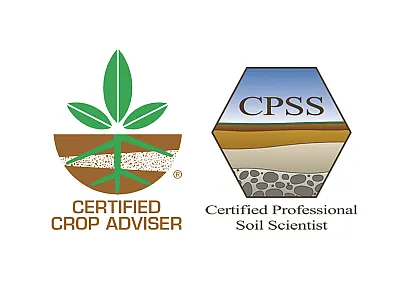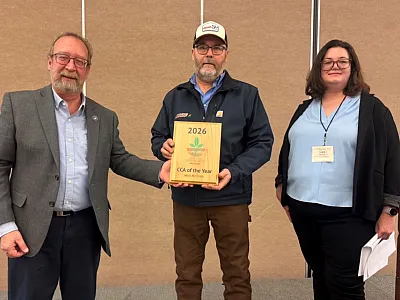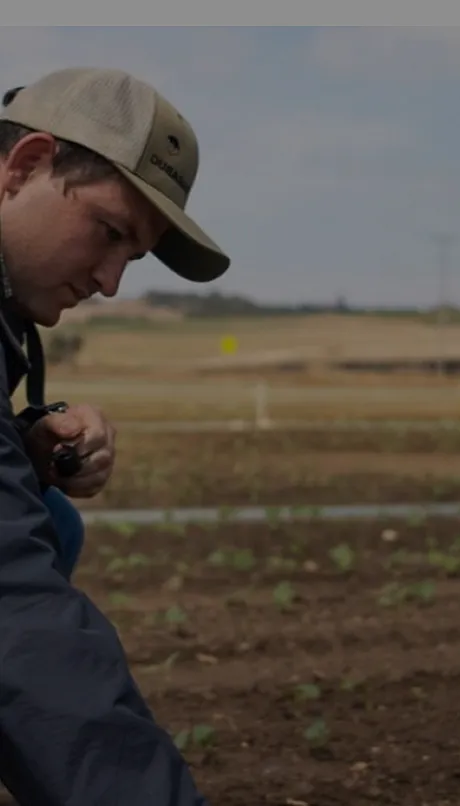
Certified Crop Advisers (CCAs)
The benchmark for advising agronomic professionals.
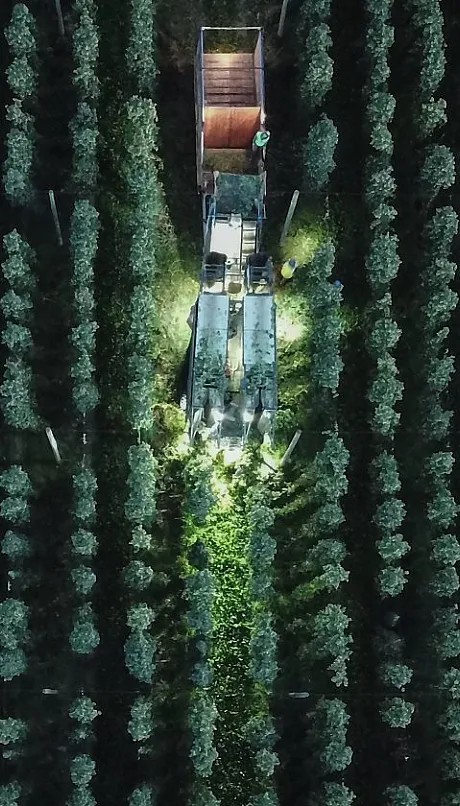
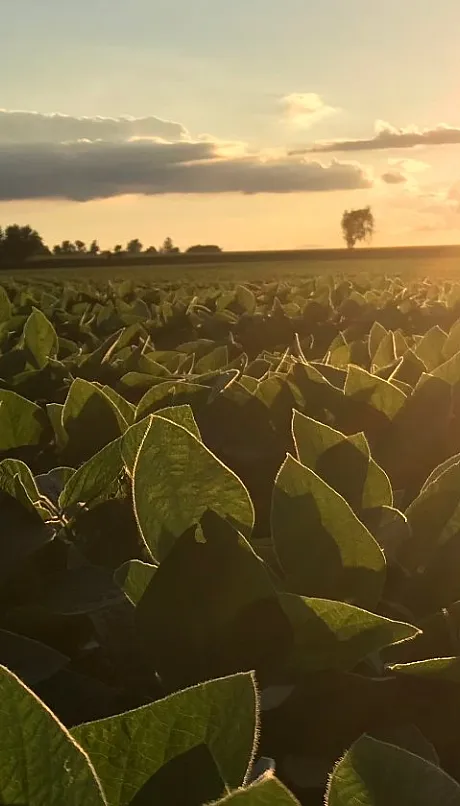
Technical Service Provider (TSP)
The CCA program has partnered with the USDA to streamline the TSP process.
Get certified
The CCA and Certified Professional Agronomist (CPAg) programs certify and support agronomists serving on the front lines of sustainable agronomy.
These influential credentials showcase a commitment to excellence, ethics, and continuous learning through rigorous testing and ongoing training. Certification is a testament to excellence so employers and growers can be confident in the knowledge that those with the CCA or CPAg designation are providing and implementing expertise in sustainable, science-backed advice.
Already certified?
Report and check on certified education units (CEUs), explore learning opportunities, renew your certification, and access the tools needed to enhance your career and promote your business.
Testimonials
"Having my CCA gains an immediate trust when communicating with producers, and an immediate respect for my applied knowledge when talking with non-producer stakeholders."
A.J. Brown, Agricultural Data Scientist, Colorado State University
"Having my CCA and the 4 different accreditations has kept me at the forefront of agronomy education. While earning my CEUs, I gain cutting edge ag knowledge. This insight helps me deliver sustainable ag solutions to my customers."
Tyson Martinmaas, Regional Agronomist, Farmers Coop Society
"My CCA designation has likely allowed me to become a more desirable candidate for positions. There is a degree of time and money invested in the preparation or testing. So having that ahead of time is a big advantage."
Landon Robert Baumgartner, Regional Outreach Specialist, UW-Madison Division of Extension

Continuing Education Units (CEUs)
CCAs maintain their certification through earning CEUs. The CCA program includes a variety of options for earning CEUs, including live and recorded webinars, podcasts, and magazine articles. Additional self-learning activities may also be eligible. Learn more about how to earn or report your CEUs.
Find a CCA near you
CCAs are skilled professionals that have the knowledge and experience you need. Find a CCA to help you:
- Develop agronomic operation plans for your farm business
- Develop nutrient management plans and pest management plans
- Assist with conservation plans
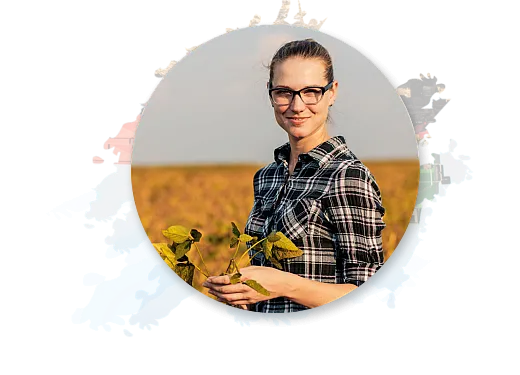
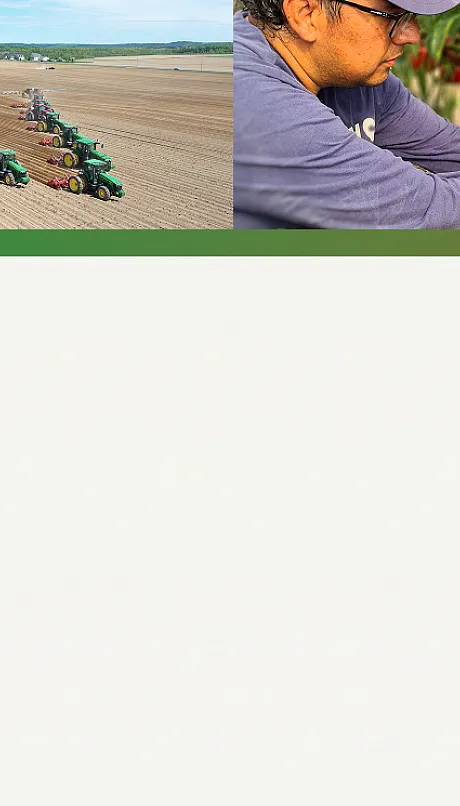
Crops & Soils featured articles
Local boards
Local boards are the backbone of the CCA program. If you need help regarding any of the below or have interest in joining a local board, please contact your local representative.
- Credential Reviews
- CEU application reviews
- Ethics concerns

Our Supporters
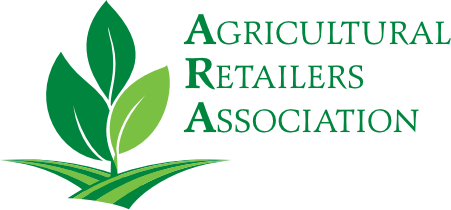

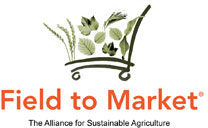
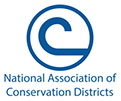

These organizations partner with the CCA program to ensure farmers can always get the sound advice they need. Contact us to join the team.

